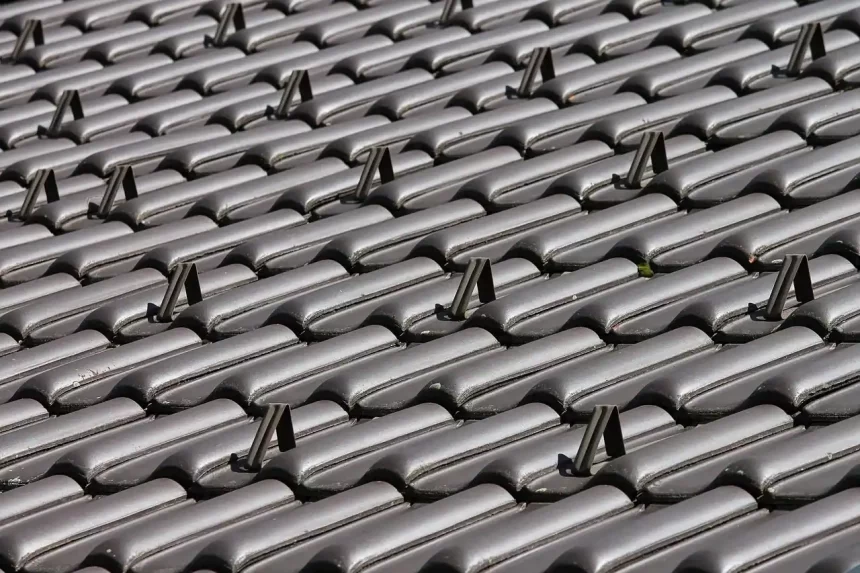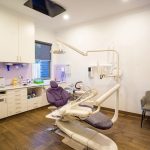Whether you’re updating your commercial building or having a new one built, your choice of commercial roof is extremely important – not least because it can impact your long-term costs.
Working with trusted commercial roofing contractors will ensure that the new roof will match your building’s specifications and be installed and maintained properly.
However, to select a suitable roof for your commercial premises, it’s worth considering all the options available – including their lifespans.
Flat vs. sloped commercial roofing systems
Flat roofs are typically the go-to choice for commercial buildings as they are more cost-effective than their sloped (pitched) counterparts.
Since there are no steep slopes, they’re also more straightforward to install and pose fewer risks for commercial roofing contractors when installing them.
Another great thing about flat commercial roofing systems is that they require less materials, which makes them more affordable to install. They can also store HVAC systems, keeping them out of the way and making your business front look more presentable.
However, one of the biggest downsides to installing flat commercial roofs is that they have poor drainage and debris will collect on the roof until it’s cleared.
Sloped roofs are much better at preventing and removing water and debris build-up from commercial buildings – reducing the need for frequent maintenance visits.
Commercial roofing materials
When it comes to choosing a roofing system for your commercial premises, you won’t be short of options – that’s for sure.
Various materials are used for the different types of roofs on commercial buildings, including:
· Thermoplastic Polyolefin (TPO)
A single-ply TPO roof is (by far) the most cost-effective option.
It has strong seams that help to prevent water leaks, but these can wear out when exposed to high temperatures.
TPO flat roofs generally need to be replaced every 10-20 years.
· Modified Bitumen (MB)
This asphalt-based material is perfect for flat and low-sloped commercial roofs alike.
Thanks to their multiple-layer construction, MB roofing systems are durable and can withstand various temperatures and intense UV rays.
When fitted by a professional contractor, MB roofs have a lifespan of 20 years.
· Polyvinyl Chloride (PVC)
PVC is one of the most popular flat roofing materials on the market.
With its vinyl membrane, it’s incredibly durable and resistant to chemicals and fire. It’s quick and easy to install and offers excellent UV resistance.
This type of commercial roof is more expensive than others but will last more than 25 years.
· Ethylene Propylene Diene Monomer (EPDM)
EPDM is made from synthetic rubber materials and is widely used for low-slope roofs.
It’s one of the easiest materials for commercial roofing contractors to apply, and a durable yet affordable option for businesses.
If installed correctly, you can expect a rubber roof to last anywhere between 25 and 50 years.
· Metal
Easy to install and available in a selection of colours and finishes, metal roofs are an excellent choice for commercial business owners.
They’re environmentally friendly and highly energy efficient, too.
The durability of a metal commercial roof can vary depending on the material’s thickness. Thick and sturdy metals tend to be the most expensive but last more than 50 years.
Spoilt for choice?
With so many brilliant options to choose from, deciding which roof type and material is best for your commercial needs can be difficult.
But it helps if you set yourself a realistic budget – factoring in annual maintenance, longevity, repairs and warranties.
Working with experienced commercial roofing contractors will help, too. You can trust that they’ll use only the highest quality materials and they can recommend the most suitable commercial roofing for your building – taking into account the nature of your business and what your premises are used for, as well as the location and weather conditions.



